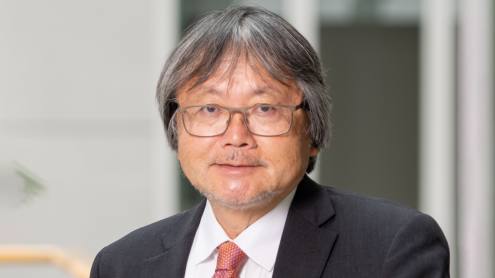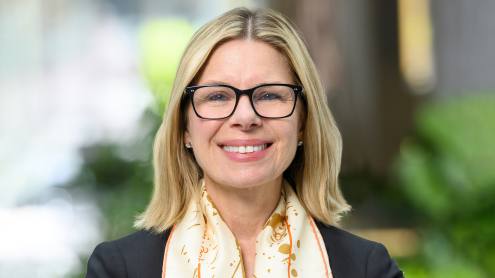Q: After years of double-digit growth, the sharp contraction of Armenia's economy in 2009 was a reality check. Last year, though, the economy rebounded. Is Armenia getting back on its feet again?
A: I think we are out of the crisis; technically we had a significant contraction of gross domestic product [GDP] in 2009 – 14.1% – but positive results in 2010, with an increase of 2.1%. The growth was fairly broad based, and it could have been even higher, about 5%, without the sharp decline in agriculture due to bad weather conditions. What we have not yet emerged from are the consequences of the crisis; we still have to overcome the weaknesses and structural vulnerabilities that the crisis has exposed us to.
Q: What are Armenia’s economic vulnerabilities?
Editor's choice
A: We have an imbalanced economy, which is not sufficiently diversified. During the pre-crisis years, the non-tradable construction sector grew quite significantly; it was 24.7% of the GDP in 2007, and it was the engine of our growth for a while. Our constant success story is the banking sector, which performed well during the crisis. I would say it funded our economy. We need to boost the manufacturing sector, agriculture and food processing. We have trade issues related to transportation and closed borders with two neighbouring countries [Azerbaijan, Turkey]. We still have a way to go in order to have a healthy, balanced economy, but we are not in dire straits.
Q: Analysts say Armenia's economy could grow even more by speeding up reforms to increase competitiveness; the International Monetary Fund (IMF) also cites the need for a stronger commitment to exchange rate flexibility. Do you agree?
A: Well, I’m in favour of a floating exchange rate, not only to boost competitiveness, but also to balance the economy. Apart from macroeconomic measures, we are looking at improving the business environment. The newly established Anti Monopoly Commission started its work on procedures against large companies in order to create a more competitive climate for foreign investors. We are also looking into fostering information exchange and coordination, and we signed bilateral agreements to avoid double taxation with most European countries.
Q: Last year world food prices hit Armenia and inflation reached 8.2%. Has this continued into 2011? Are you worried?
A: I am, but not to the extent I used to be. We are going to come close to the upper band of our target range, which is between 4% and 5.5%, and the IMF expects inflation to stabilise at 4.6%. It is coming down and we’ll eventually get there, the issue is how fast. Overall I think that unless there are external shocks, we will be fine. I don’t envisage a rate of 8% to 9%. If you look at our history, Armenia has always been a lower inflation environment, quite different from neighbouring countries, such as Georgia for example.
Q: The pension reform, due to come into effect in 2014, is a milestone. What do you expect to be its impact?
A: The reform will bring fundamental changes, not least in people’s mentality. In the pay-as-you-go system that we currently have, it is the state which takes the decisions; the new cumulative system will shift the responsibility on to the individual. The new structure is multi-pillar with a basic state pension, plus a compulsory cumulative system and a voluntary one. Armenia will then avoid serious pension sustainability issues, and the pressure on public finances will be eased. The main subject of the reform is obviously the pensioners themselves. However, the reform will have an impact on the financial sector: this new source of savings will be searching for investment possibilities, forcing capital markets to expand.
Q: Armenia’s tax collection is the second lowest in the Commonwealth of Independent States countries after Tajikistan, only 17% of GDP. What are the measures in place to increase the ratio?
A: We are not satisfied with the collection rate, it is extremely low. We are looking at identifying, and closing, the tax loopholes, but we are not inclined to raise the ratio through revolutionary means. Together with the World Bank and the IMF we are targeting specific areas, such as a reform of excise and mining-specific taxation, which could have an impact on revenues between 1% and 3.2% of the GDP. The tax administration is working with EU experts to produce a comprehensive, sustainable policy of large-scale reforms and create an electronic system which, for example, would cut down the time spent to file reports. So we are trying to have a more comprehensive, albeit slow-moving approach, but, as I said, a revolutionary break like the one Georgia experienced a few years ago is not going to take place here.












